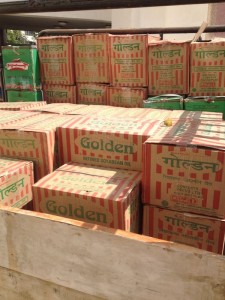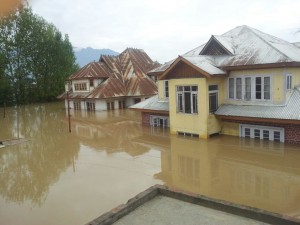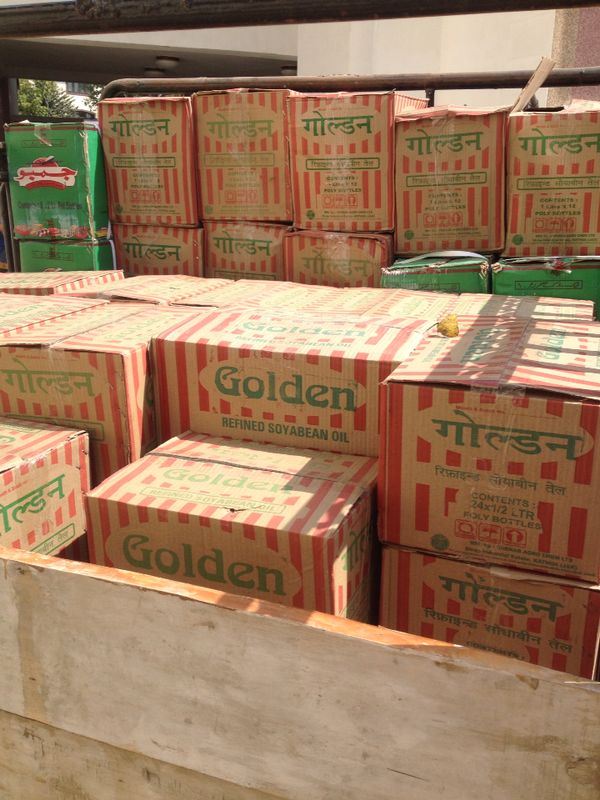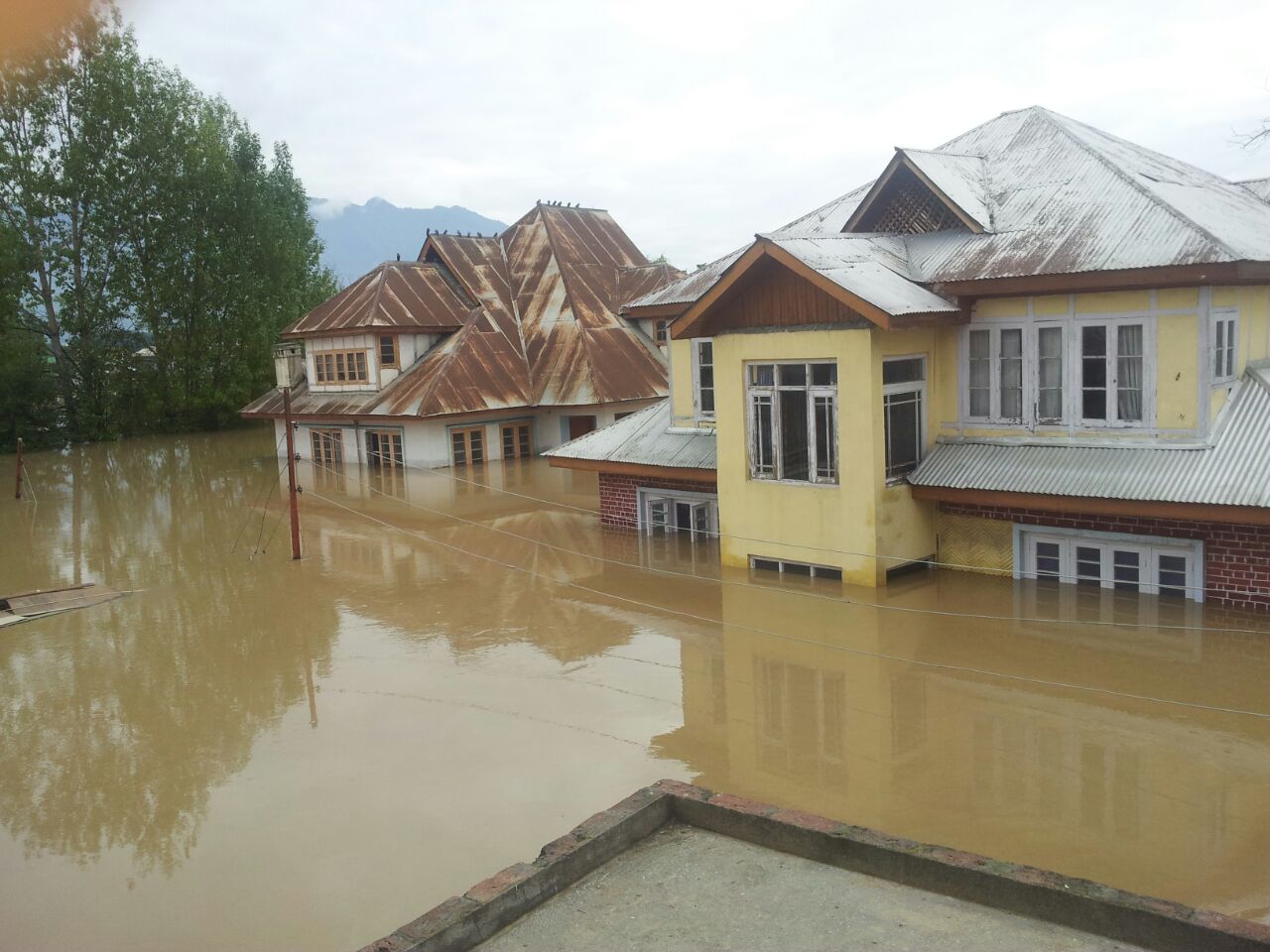[some time back in 2005 this article I wrote was published in GK. And I look through my stuff and I stumble upon it.. and so here it is.. just in case you’d want to read through…]
Take a walk around the city – early morning students rushing for tuitions. Later, you will come across uniformed students entering one of the many houses in your locality that carry a banner of some “government recognized” school; dragging a bag that’s too heavy to carry. Open the newspapers and your eyes might encounter notices given by schools to parents so they would ensure that their wards come to school. A walk in the afternoon will bring you face to face with many groups of students who are coming home with their carbon-copied notes.
Kashmir indeed is a land of learning – or is it?
Like nearly all other ‘systems’ in Kashmir, the educational system also speaks of the misery that has become the characteristic trait of its people. Whether it is ‘what is taught’ or ‘how it is taught’, the problems in our educational setup are too noticeable for anyone to condone.
Looking at what is taught; let us reach an agreement that education ought to be all round development of an individual – intellectual, physical and emotional. In the name of extensive coverage by the syllabus, little children are loaded with heavy bags (maybe it is meant to cater to their physical development). In the name of high standards, end of year exams create havoc for students who are examined on what they learnt the whole year. How often is the syllabus revised to make it more interesting, informative and relevant to the present times? Science, where the basis of gaining knowledge is observation and experimentation has become nothing more than the text that was memorized to pass the exam. For those who think that the coverage of our syllabus is truly of good standard, then an analysis of how many Kashmiris ever compete outside poses a serious question. How many Kashmiris make it to IIT, IPS or IAS? Clearly our system needs a major overhauling.
Leaving the purely academic concerns, let us look at what our students get in name of extra-curricular activities. Programs and activities that are meant to develop physical strength, mental alertness, and social skills are shamefully deficient.
The mechanism of imparting the education shows yet another aspect of this sad story. Government schools – very sadly – reflect a state of apathy and lack of accountability. Isn’t it ironical that in spite of the fact that the government teachers are comparatively much better paid – what they impart to their students is inadequate. The mushrooming of private schools – with the ‘government recognized’ title – is another remarkable trend that has gone unrestrained. Who checks the facilities and the educational standards of these schools that have transformed from residential buildings in a matter of days?
The inefficiency of these educational institutions is quite manifest in the institutionalization of that which we call “tuitions”. Students are sent for tuitions as early as primary school. On the pretext of not being able to complete the syllabus, school teachers ask students to come for extra tuitions. Many of tuition goers never show their faces in the schools and colleges where they understand they wouldn’t learn anything, anyways. What do we expect a student to have learnt if the whole day he has exhausted his mental and physical energies running “dar-ba-dar” — from one tuition to another?
The lack of accountability, lack of initiative and the nonchalant behavior of those in power have robbed our children and our youth of what they are capable of. A study of what is wrong, and a comparison with other educational set-ups should provide input on what needs to be done. There is a lot that needs to be done, and a lot that can be done — it is high time we bring about change, or else we shall continue to drown in the depths of ignorance.
“Ignorance is bliss” – maybe, the people heading our education system seem to have come up with a novel approach to play its part in ensuring bliss in this valley.





This is also the scenario in many Muslim countries, unfortunately.
I went to school in Kashmir: Greenland which was pretty much a a”Zabri Zet” school and also Biscoe along with Model School. The curriculum was very tough and the teachers unforgiving and uncaring. I honestly don’t really have any great educational memories from any of the schools and can safely say that I didn’t learn what I was supposed to be learning.
But having said that, I know a lot of Kashmiris who have come to Toronto (where I now live) and have been admitted in universities and are doing excellent, some are even at the top of their class. They have a solid theoretical foundations in engineering and sciences are are doing very well here. I’ve also heard of similar success stories in Saudi, Dubai and England.
So even though I agree with you that the education system is flawed (not enough holidays, too much pressure, bad syllabuses), it is still capable of producing high quality and although it can be argued that a reform is needed, the current system is producing results. Maybe these results aren’t reflected locally because there isn’t a job market, economy or potential for graduates to showcase their skills, but the education system is still producing students that have a high degree of knowledge.
I agree that Kashmiris have excelled outside of state – but I would not credit the educational system for that.
I think the credit goes to the individuals who have worked hard to achieve that. Kashmiris, alhamdulillah, are rather bright and it is mainly their own individual hard work that pays off when they do that well.
Kashmir the paradise on earth.Kashmir the eternal beauty.Kashmir the land of Apples.Kashmir the land of lofty snow mountains.Kashmir is the best.This is my true wish that kashmir may prosper and flourish like the past forever.Ameeen
i ‘ve suffered 2 as other individuals in kashmir because of narrow educational spectrum n low exposure.the educational system in kashmir must be revised if its standard is to be elevated.